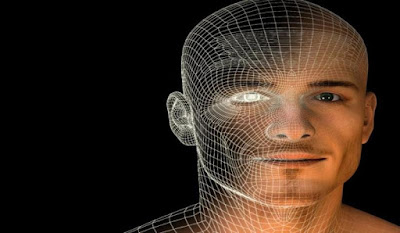? Q: What is Autism
A: Autism spectrum disorders are a complex set of disorders in brain development. This comprehensive term deals with cases such as autism, childhood disintegration disorders, and Asperger syndrome. These disorders are characterized by confronting the individual for difficulties in interacting with the community and communicating with him, and the limited and repeated inventory of his interests and activities.
? Q: How common is autism
A: From the reviews, one child in every 160 children is diagnosed with autism spectrum disorders. These estimates represent the average number of cases, and their prevalence varies widely according to studies, but some recent studies have significantly higher prevalence rates.
? Q: Are people with autism always suffering from mental disabilities
A: The level of mental performance in people with autism spectrum disorders is very variable, ranging from severe shortfalls to the latest in nonverbal cognitive skills. It is estimated that about 50% of people with these disorders also suffer from mental disabilities.
? Q: What is the youngest age at which autism can be identified in children
A: It is difficult to identify autism spectrum disorders before the age of 12 months, but can be diagnosed at the age of two years. A characteristic of the onset of the disease is the delay or temporary decline in the development of language and social skills and the repetition of stereotypes in his behavior.
? Q: What can parents do to help their autistic child
A: Parents play a key role in providing the necessary support to their autistic child and can help ensure that the child's health and education services are available and provide nurturing and stimulation environments in their development. It has recently been shown that parents can also help provide their children with psychological and behavioral treatments.
? Q: What causes autism
A: Scientific evidence suggests that many genetic and environmental factors contribute to the emergence of autism spectrum disorders by affecting early brain growth.
? Q: Are vaccines given in childhood responsible for autism
A: Available epidemiological data indicate that there is no evidence of measles, mumps and rubella vaccine and autism spectrum disorders and that previous studies indicating a causal relationship between the vaccine and the disorders are serious. There is also no evidence that other vaccines given in childhood may increase the risk of autism spectrum disorders. Also, reviews of evidence commissioned by the organization concluded that there was no link between the use of preservatives such as thiomersal containing ethyl mercury in vaccines and autism spectrum disorders.


تعليقات: 0
إرسال تعليق